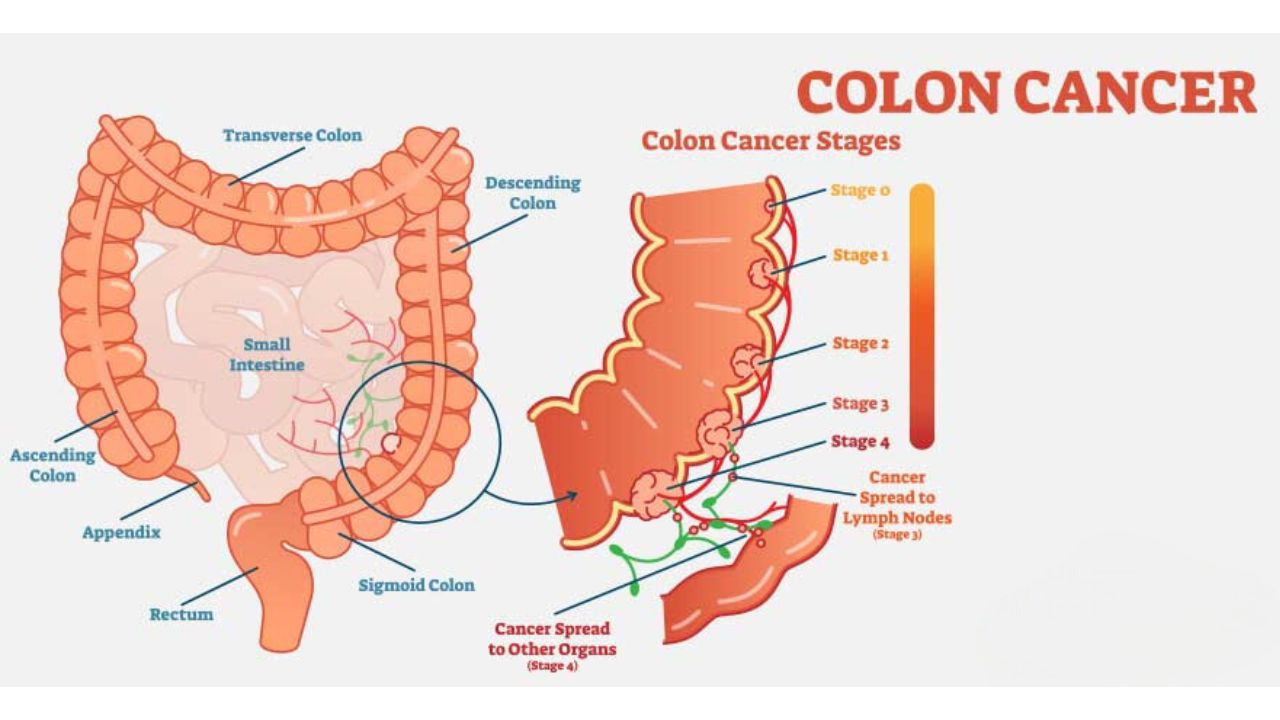Colon Cancer Treatment in India
What is Colon Cancer?
Colon cancer begins in the large intestine, which is the final part of the digestive system. Typically, it starts as benign polyps—non-cancerous growths that can develop into cancer over time. This type of cancer primarily affects older adults. To catch these polyps early, routine screening is essential. Detecting and removing polyps before they become malignant is the best preventive measure. Symptoms to watch for include blood in the stool, changes in bowel habits, unexplained weight loss, and a sensation of incomplete bowel emptying.
Treatment Options
The treatment for colon cancer depends on the stage and location of the cancer. In the early stages, surgery is often necessary. Surgeons can remove polyps using laparoscopic or endoscopic techniques, or perform a polypectomy. For more advanced cases, a partial colectomy may be required. This procedure involves removing part of the colon along with nearby lymph nodes. In some cases, an ostomy is created to allow waste to exit the body.
After surgery, additional treatments such as chemotherapy, targeted drug therapy, and immunotherapy may be recommended. Furthermore, palliative care plays a crucial role in managing symptoms and improving the patient’s quality of life as they recover from surgery.
Choosing the Right Specialist
To achieve the best outcomes, consult a specialized general surgeon or gastroenterologist with expertise in surgical and radiation oncology. These professionals are equipped to provide comprehensive care tailored to each patient’s needs.
Diagnostic Tests
Diagnosing colon cancer involves several tests. A colonoscopy allows doctors to visualize the colon and take biopsies. Additionally, a blood test for carcinoembryonic antigen (CEA), a tumor marker, can aid in diagnosis. Regular screening is also advised for older adults to detect potential issues early and enhance survival rates.
Success Rates and Costs
Patients with localized colon cancer have an approximate five-year survival rate of 90%. Conversely, those with metastatic colon cancer have a survival rate of around 63%. Early detection through screening significantly improves survival rates and reduces mortality.
Cost of Treatment
The cost of colon cancer treatment includes:
- Preoperative diagnostics such as colonoscopies and CEA blood tests
- The type of surgery, influenced by tumor size and spread
- Post-surgery treatments, including chemotherapy or radiotherapy
- Medications and hospitalization costs
Factors Influencing Treatment Costs
Several factors impact the overall cost:
- The type of hospital and room choice (general, twin-sharing, or private)
- The stage and type of cancer
- Additional tests and follow-up appointments
- Length of hospital stay and accommodation for non-local patients
Colon cancer treatment in India provides various options with differing costs. It is crucial to consult healthcare professionals to find the most suitable and cost-effective treatment plan based on individual needs.





